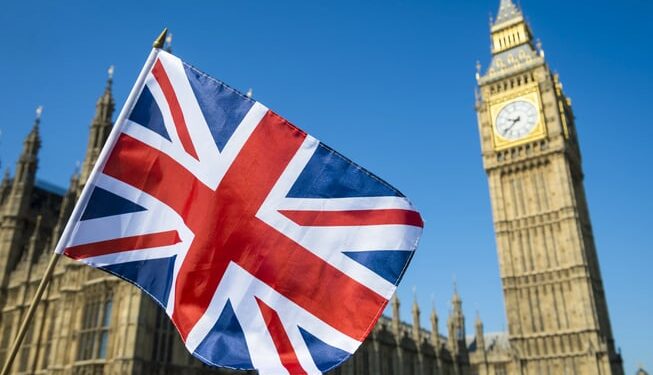The United Kingdom has issued an ultimatum to Angola, Namibia, and the Democratic Republic of Congo, threatening to halt visa issuance to their citizens unless the three African nations begin cooperating with the deportation of their nationals who entered Britain illegally.
The Home Office announced on Monday, November 17, that visa privileges would be withdrawn from citizens of the named countries if they continue refusing to accept the return of individuals British authorities have designated as “their criminals and illegal immigrants.”
The warning precedes an anticipated major overhaul of the UK’s asylum system, which Home Secretary Shabana Mahmood is expected to unveil as the most comprehensive reform of immigration policy in modern British history.
Immigration Minister Alex Norris told Sky News that the affected governments have been given “one month to get this in order,” while cautioning that additional countries could face similar sanctions if they fail to cooperate with British deportation efforts.
According to the Home Office, the three African nations are being targeted due to “unacceptably low cooperation and obstructive returns processes” that have frustrated British attempts to remove failed asylum seekers and individuals without legal status.
The visa threat forms part of a broader government strategy to address what officials describe as an immigration crisis that has become increasingly contentious in British politics. The issue has gained urgency as the right-wing Reform UK party has surged in popularity, placing significant pressure on Prime Minister Keir Starmer’s Labour government.
Home Secretary Mahmood’s forthcoming reforms are specifically designed to reduce the number of asylum seekers making dangerous crossings of the English Channel in small boats—a phenomenon that has dominated British political debate and media coverage for several years.
The proposed asylum reforms extend far beyond deportation enforcement and include what officials are calling an “emergency brake” mechanism that would restrict visa issuance from countries generating high volumes of asylum applications, even affecting individuals seeking to enter the UK through legal channels.
Drawing inspiration from Denmark’s notoriously restrictive immigration policies, the British government plans fundamental changes to how refugees are treated once granted protection.
Under the expected reforms, asylum seekers would no longer automatically receive financial benefits upon arrival. For those granted refugee status, protections would be substantially diminished and the standard duration of refugee recognition would be slashed from five years to just 30 months.
Refugees would face regular status reviews and could be compelled to return to their countries of origin once British authorities determine those nations are sufficiently safe. The pathway to permanent residency would be dramatically extended from the current five-year period to 20 years.
The proposals have provoked strong criticism from refugee advocates and some Labour parliamentarians who warn that the changes would condemn refugees to years of uncertainty and prevent their integration into British society.
Labour MP Tony Vaughan expressed concern that the approach risks creating “perpetual limbo and alienation” for refugees, arguing that such conditions benefit neither the displaced individuals nor the communities expected to host them.
Official government statistics reveal a complex picture of Britain’s asylum landscape. While the total number of asylum applications has increased this year, the proportion of initial approvals has actually declined, suggesting authorities are already applying stricter standards.
In recent years, the UK has issued thousands of visas under special humanitarian programs targeting specific populations, including Afghans fleeing Taliban rule, Ukrainians escaping Russian invasion, and Hong Kong residents seeking refuge from Chinese political pressure.
The targeting of Angola, Namibia, and the Democratic Republic of Congo specifically highlights the British government’s frustration with African nations it perceives as unwilling to facilitate the return of their citizens—an issue that has complicated deportation efforts and left individuals in immigration detention for extended periods.
The visa ban threat represents a diplomatic escalation that could strain Britain’s relationships with African governments, potentially triggering retaliatory measures or damaging bilateral cooperation in other areas including trade, security, and development assistance.
As Britain navigates its post-Brexit immigration policy independently of European Union frameworks, the government faces competing pressures: business sectors demanding access to foreign workers, humanitarian organizations defending refugee protections, and populist political forces demanding dramatic reductions in immigration numbers.
The one-month deadline set for the three African nations will test whether diplomatic pressure can compel cooperation on deportations, or whether Britain will follow through on visa restrictions that could affect thousands of ordinary citizens seeking to travel, study, or work in the UK.



















